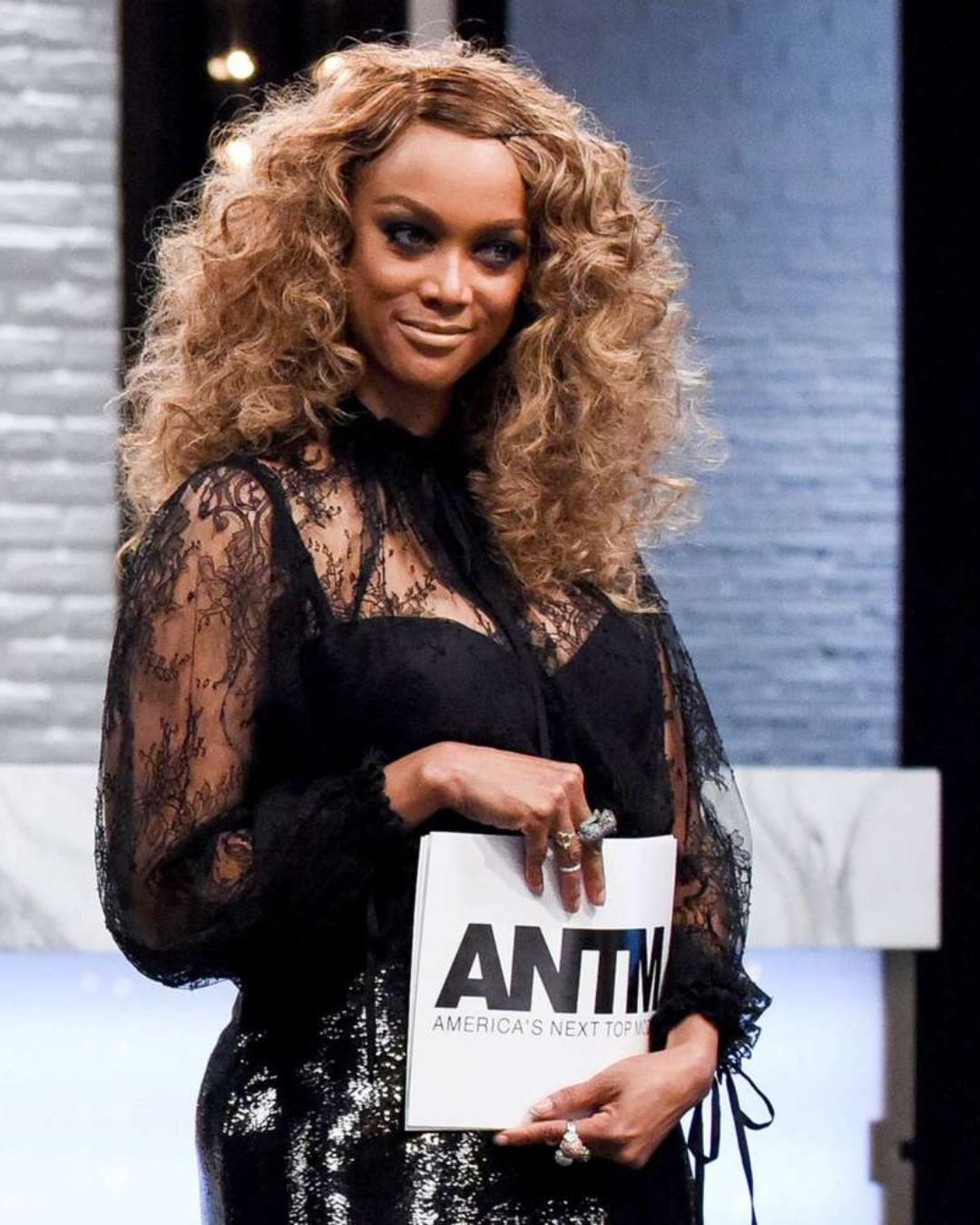
"Propaganda I'm not falling for", the TikTok trend where (almost) everything is labeled as propaganda Is it a reversal of the standard or a departure from the real meaning of the term?
Everything I know about Labubu, I know against my will. Apparently, many TikTok users have come to the same realization, as the viral puppet has recently been labeled as propaganda—along with other types of activities and consumption such as OnlyFans, SkinnyTok, oat milk, Botox, men, Gracie Abrams, and having a job. The latest trend on the platform is called "propaganda I’m not falling for," featuring videos listing random things and activities considered propaganda, arbitrarily set to the song "I think about it all the time" by Charli XCX featuring Bon Iver.
Propaganda According to TikTok
Propaganda is generally defined as "a persuasive form of communication used by an elite to control and shape people’s attitudes and behaviors." However, TikTok users seem to have developed their own version of the concept: propaganda includes vapes, the city of Berlin, climate change, having children before marriage, splitting the bill, mascara, and not spending the summer in Europe. Other types of propaganda are more niche: you’ll find videos on literary propaganda, film propaganda, religion, sports, cheap jewelry, and graphic design. On the surface, the trend looks like an attempt to flip social norms and cultural standards on their heads, a kind of collective irony. Still, the most viewed and liked videos are driven by rage-baiting: pronouns outside of he/she are thrown in with Scorpio men, veganism, atheism, liberal feminism, and clean girl aesthetics.
Propaganda, Politics and Platforms
Anti-progressive propaganda on TikTok is part of a larger, historically rooted structure: its mechanisms began to be uncovered in 2018, when international media reported that the British consultancy firm Cambridge Analytica had accessed the personal data of 87 million Facebook users. That data was used to orchestrate political propaganda campaigns in favor of Donald Trump and Brexit. While the illicit harvesting and analysis of data clearly falls under a form of "internal" propaganda (hidden in plain sight) what’s happening on TikTok is more insidious and sneaky. It operates in very different conditions, using what is now referred to as computational propaganda.
Computational propaganda on social media
As Davide Piacenza writes in his essay La correzione del mondo (Einaudi): "Being on these sites no longer has much to do with staying in touch with loved ones or maintaining personal relationships [...] it’s a dynamic that may apply to some familiar sites [...] but it doesn’t reflect how Instagram, Twitter, and least of all TikTok actually function. In these spaces, everyone talks to everyone at all times, creating a noisy mess of voices that fuels misunderstandings, social anxieties, malaise, and a lack of empathy." Furthermore, TikTok’s unique infrastructure (algorithm-driven content delivery, the emphasis on an algorithmized self, and its foundation on remix culture and meme creation) makes the platform particularly susceptible to the spread of misinformation and disinformation. Several studies have highlighted how the Chinese-owned app acts as a major vehicle for this type of content. Notable examples include the war in Ukraine, climate change, and Romania’s recent elections. Maintaining a critical and detached perspective in the face of this content requires advanced digital literacy, but ensuring informational integrity should always be a platform’s primary responsibility.



















































